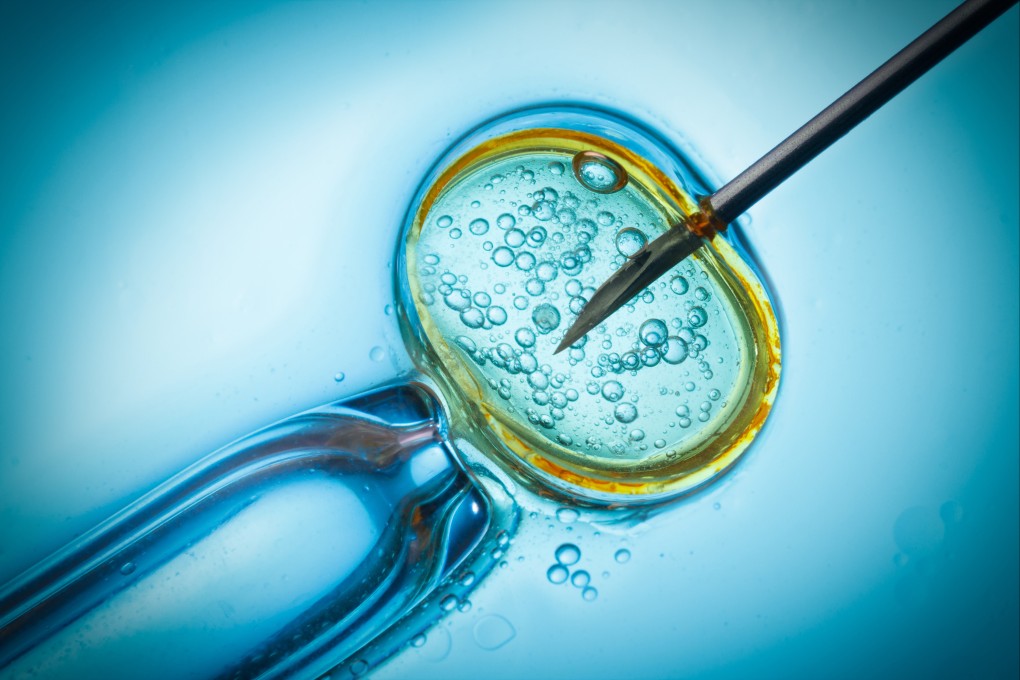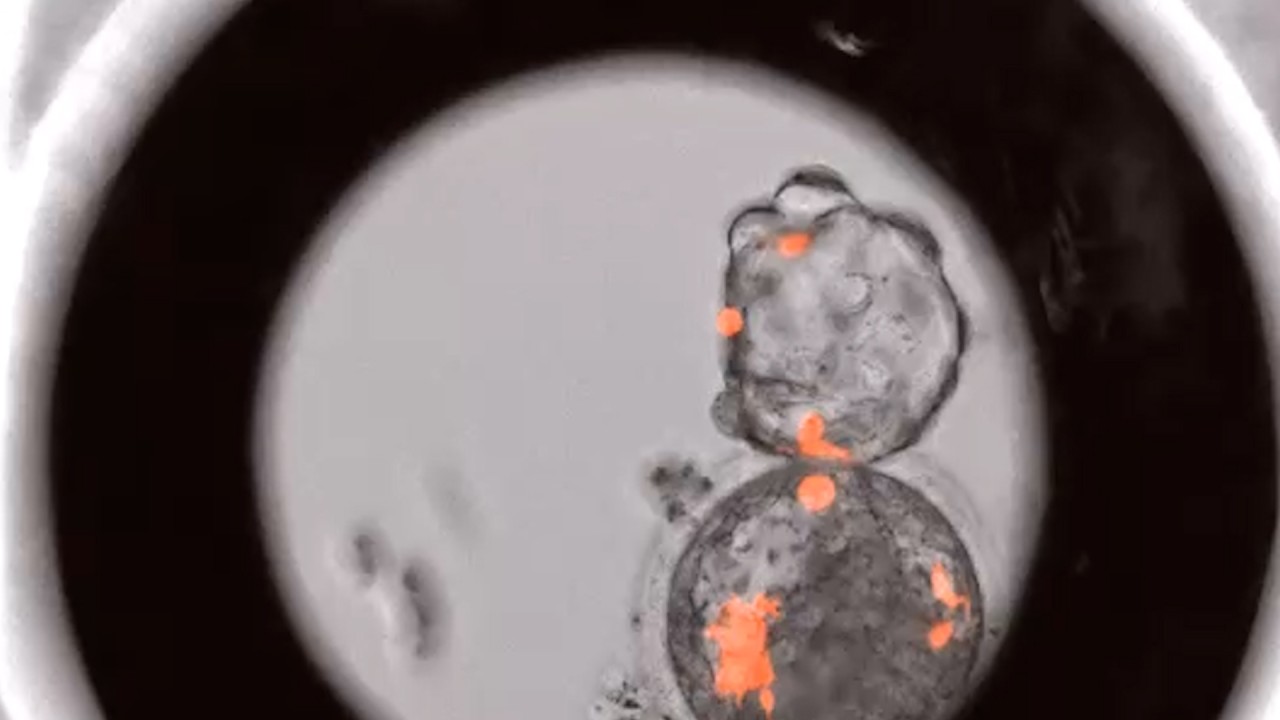Advertisement
China’s new bioethics guideline ‘most comprehensive’ since He Jiankui gene-edited baby scandal
- Latest rules on life sciences and medical research involving humans expand regulatory scope of 2016 guideline and spell out administrative penalties
- Analysts hail move as ‘most important’ since gene-edited baby row but warn of systemic vulnerabilities such as the lack of an open academic culture
Reading Time:3 minutes
Why you can trust SCMP
1

China has issued a new national bioethics guideline on research involving humans, further expanding the regulatory scope of such life sciences and medical studies.
Advertisement
Analysts said the latest guideline represented “the most important and comprehensive” national legislation on such ethical review standards since controversial biophysicist He Jiankui’s gene-edited baby scandal in 2018.
The regulation, released by four Chinese ministries earlier this week, comes some seven years after the first such guideline was issued by Beijing.
The latest version widens the regulatory scope of the 2016 guideline, and includes more details on informed consent for human-related research and the administrative penalties for violations.
Specifically, the 2016 guideline only applied to biomedical research in medical institutes, but the new one covers human-related research not only in medical institutes, but colleges and research institutions as well.
Advertisement

Advertisement
